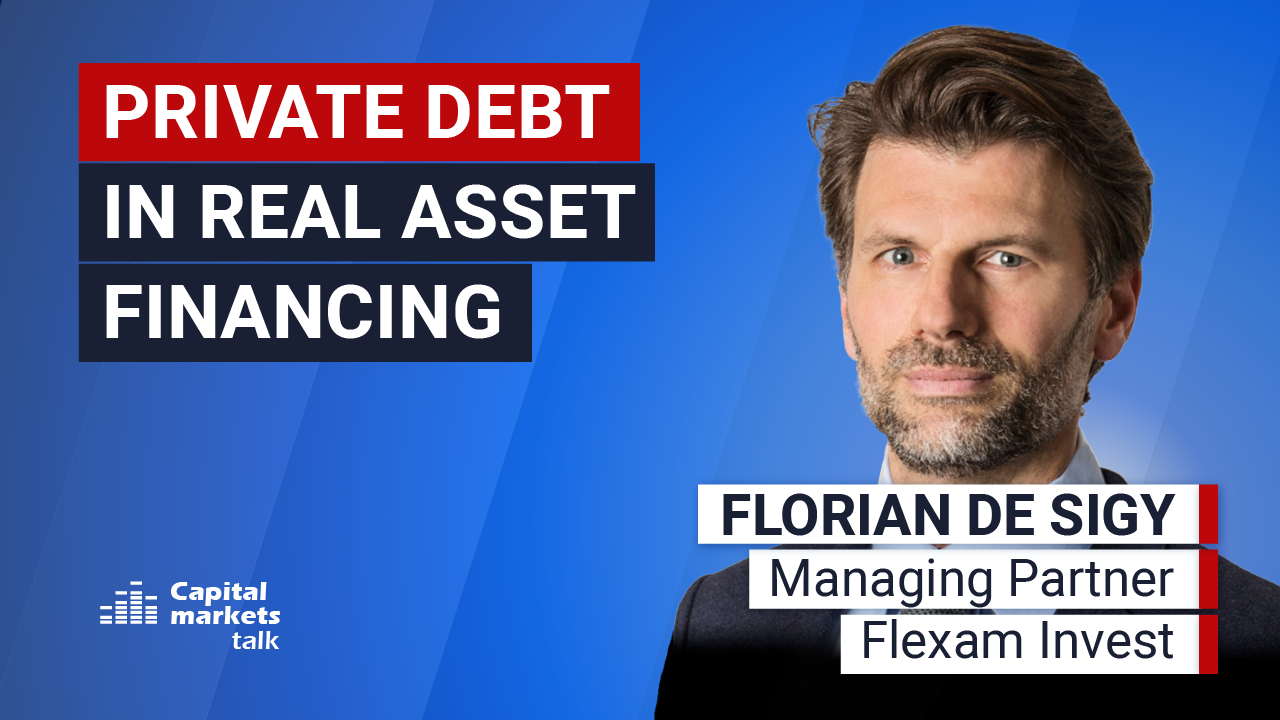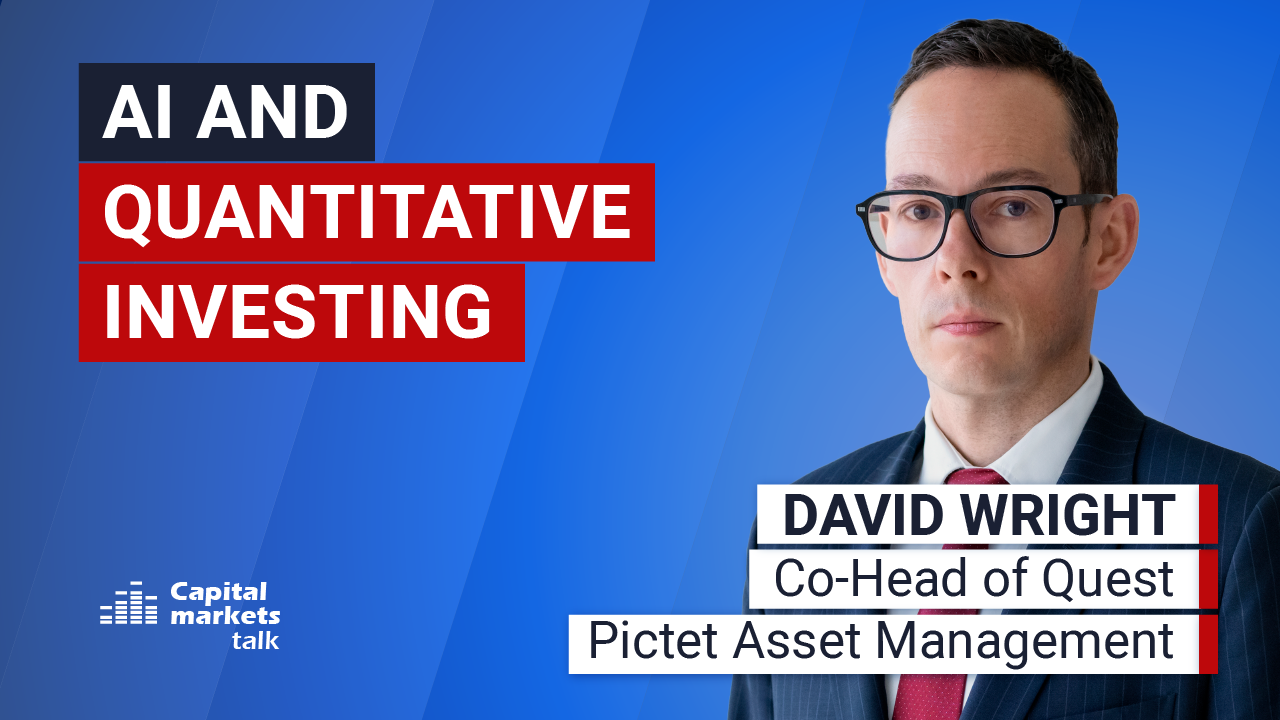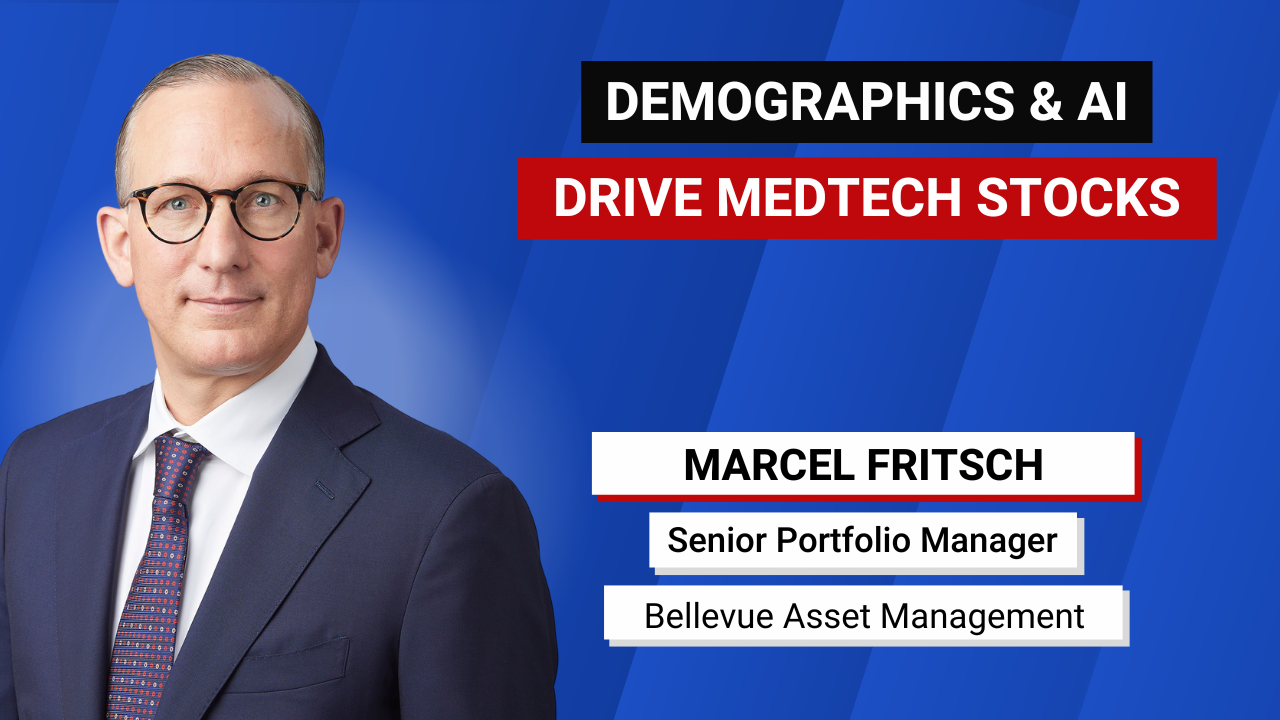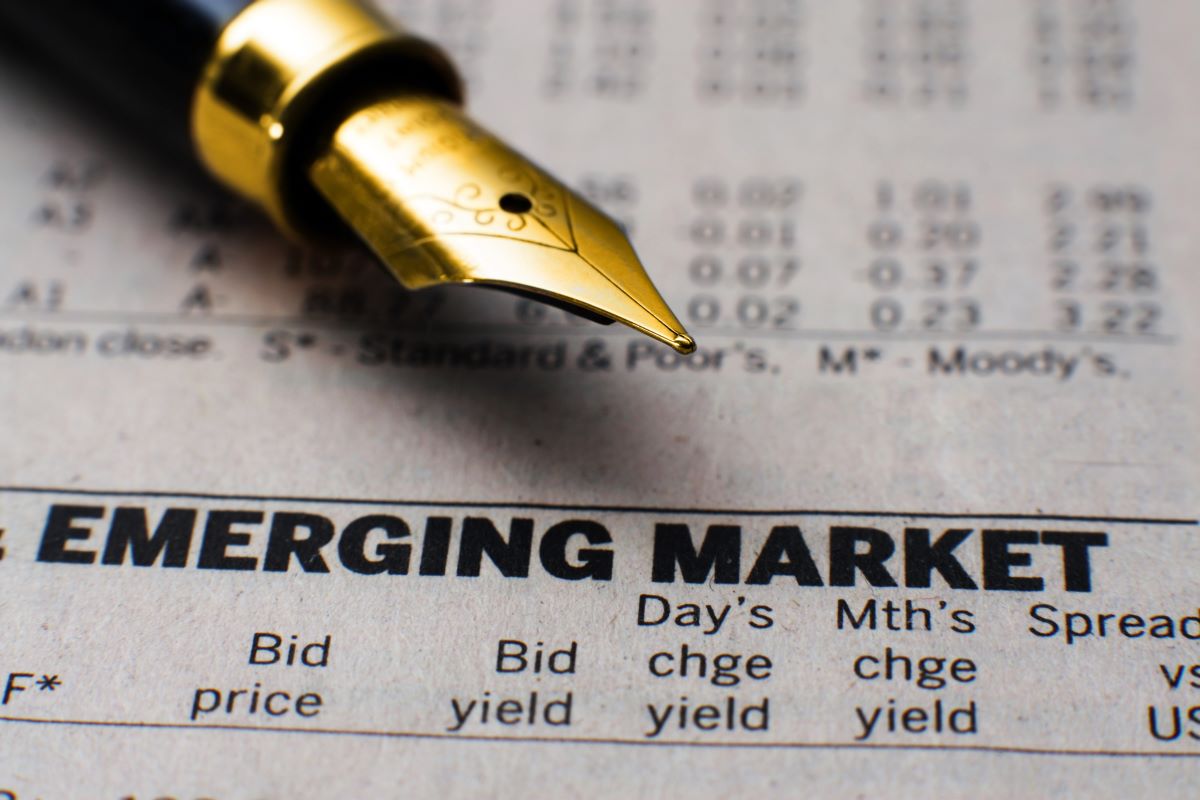Since mid-2010, emerging markets have lagged behind their developed counterparts. However, Baillie Gifford believes the next decade holds promise for investing in emerging markets.
The asset manager underscores that despite experiencing a lacklustre decade in the 2010s, emerging markets have surpassed the performance of developed markets since the establishment of the Emerging Market Index (MSCI EM) in 1987.
The asset manager also discusses the recent widening valuation discount between emerging and developed markets. This, coupled with a decade-long capital outflow from emerging markets, has led to a decrease in the weight of emerging market equities in global portfolios, adds Gifford.
However, the asset manager suggests that macroeconomic health in emerging market economies appears robust, especially in their measured response to the COVID-19 pandemic, avoiding massive monetary easing seen in developed markets.
“Many emerging market countries show good macroeconomic health, have strong companies with low valuations, and are experiencing rapid development…We believe the prospects for improving returns here are better than they have been for some time,” says Gifford.
Subsequently, the asset manager talks about how commodities are pivotal in emerging markets. “The global green transition is predicted to lead to huge demand increases for certain commodities by several multiples…The great news for emerging market investors is that much of the world’s largest, lowest-cost deposits of these materials are in emerging markets,” says Gifford.
Separately, the asset manager opines that the growth of online business models, fueled by rising internet penetration, presents new opportunities for investing in emerging markets.
Then, Gifford moves on to the role of China. According to the asset manager, notwithstanding the current challenges in China, its substantial impact on the global economy and technological advancements render it an appealing opportunity.
“China has become the world’s factory over the last 20 years, and it will likely take a similar timeframe to replace it…Who stands to benefit from this transition? The answer is alternative regions with low-cost labour and competitive advantages such as Vietnam, India, Indonesia, and Mexico,” contends Gifford.
Read the full insight here.
Read more

Global Trade
Trump ignites global trade war / Reactions
The USA itself will be the victim of Trump’s trade policy.

Private Debt
The case for private debt in real asset financing
What makes the combination of private debt and real assets particularly compelling in today’s market?

Schroders
Looking ahead: 30-year return forecasts
Higher returns are expected across asset classes, driven by stronger productivity growth for equities and elevated long-term central bank rate projections for bonds.

Quant Investing
AI and quantitative investing
Artificial intelligence applications go way beyond stock selection.

Bellevue Asset Management
Demographics and AI drive MedTech stocks
MedTech investment case: What makes it attractive, which trends stand out?





















